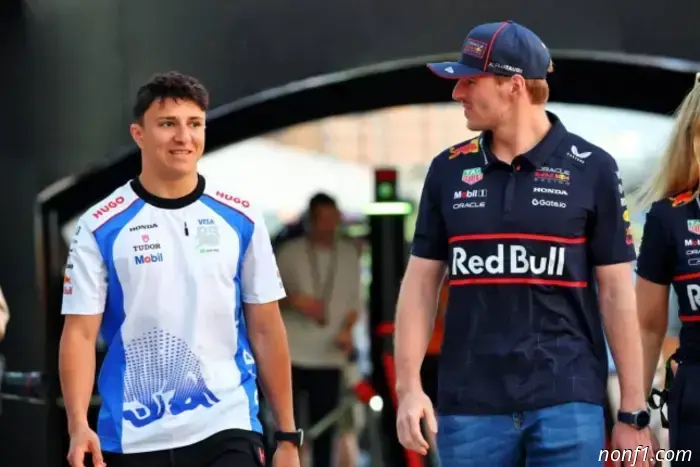
Hajar: I believe that the situation can always be changed.
Isaac Hadjar is considered one of the revelations of the season, although the Racing Bulls driver began it with a frustrating retirement at Melbourne’s Albert Park, which happened even before the start of the Australian Grand Prix on the formation lap. But few people remember that incident now, because the 20-year-old French rookie gradually improved, reached the final stages of qualifying several times and scored more points than Liam Lawson, his more experienced teammate.
And now there is talk that he could become Max Verstappen’s new teammate at Red Bull Racing. He does not deny that he is interested, and he admits that anything can happen in motorsport and he is ready for it. Most importantly, Hadjar is always focused on achieving the best possible result and gets angry with himself when he fails to do so.
“In my career I’ve had more failures and slumps than good weekends,” Isaac told The Race. “I would say that good weekends in motorsport are generally quite rare. And I’m used to that. Even my father always told me that it’s not so much the individual results that matter as the ability to progress over the course of race weekends.
You start from a certain level and you have to climb as high as possible. What matters is the positions you finish in, and your mindset should be that. I always try to remember that when things aren’t going well. I believe the situation can always be changed.
The most important part of the season preparation process was the time I spent before the championship began with my engineers, with Pierre Amlin, because after the preseason tests in Bahrain and until the finale in Abu Dhabi we are already hard at work, giving it our all.
In general, I always try to prepare as well as possible in advance. So I moved to Italy and effectively spent a whole month at the team’s base, working on every aspect I could, trying to prepare for all likely scenarios and studying all the technical issues.
We also worked on the simulator, and I gradually got to know the people. I was just trying to get involved in all the work processes, trying to adapt as best as possible, even if at that time I hadn’t yet sat behind the wheel…
At the same time, I believe that racking up miles for the sake of miles isn’t that useful. I have the pace, and I don’t need to do thousands of laps to reach the required level. But racing experience can’t be bought — it’s during races that the learning process is most intense.
If you have the pace, you just have to compete in races and learn. Testing doesn’t insure you against failures… Even if I had known in advance exactly what difficulties I’d have, I would still have raced, but I would have tried to achieve higher results. On those weekends when I performed worse than I should have, I needed to find a way to act more effectively.
To be honest: even before qualifying I always strive to give my maximum. Those are the tasks I set myself in every session. And if I know that the car allows you to fight for fifth place, and I end up eighth, having put in a lap a tenth slower, I know that in some parts of it I could have made that time up. So I’m always upset, because I know that I could have worked better.
I’d rather be 12th and say that’s the maximum that could be achieved than set the eighth time while not fully using the car’s potential…”

Other articles
 Cadillac F1 video devoted to the day's main news
Cadillac F1 confirmed that its drivers will be Valtteri Bottas and Sergio Pérez, but did not limit itself to a single press release devoted to this...
Cadillac F1 video devoted to the day's main news
Cadillac F1 confirmed that its drivers will be Valtteri Bottas and Sergio Pérez, but did not limit itself to a single press release devoted to this...
 Ways to Obtain Fortnite Skins Without Spending V-Bucks?
Motorsport | Discover how to obtain Fortnite skins without using V-Bucks through in-game methods, events, and the sale of Fortnite accounts that include rare cosmetics and (…)
Ways to Obtain Fortnite Skins Without Spending V-Bucks?
Motorsport | Discover how to obtain Fortnite skins without using V-Bucks through in-game methods, events, and the sale of Fortnite accounts that include rare cosmetics and (…)
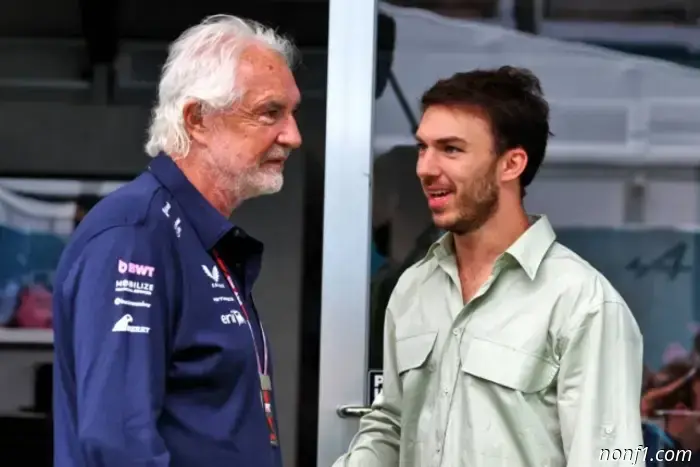 Gasly: For Flavio, there are no limits to what is possible.
Pierre Gasly believes in the current leadership of Alpine F1, first and foremost in Flavio Briatore's ability to bring the team back to the higher level it once enjoyed.
Gasly: For Flavio, there are no limits to what is possible.
Pierre Gasly believes in the current leadership of Alpine F1, first and foremost in Flavio Briatore's ability to bring the team back to the higher level it once enjoyed.
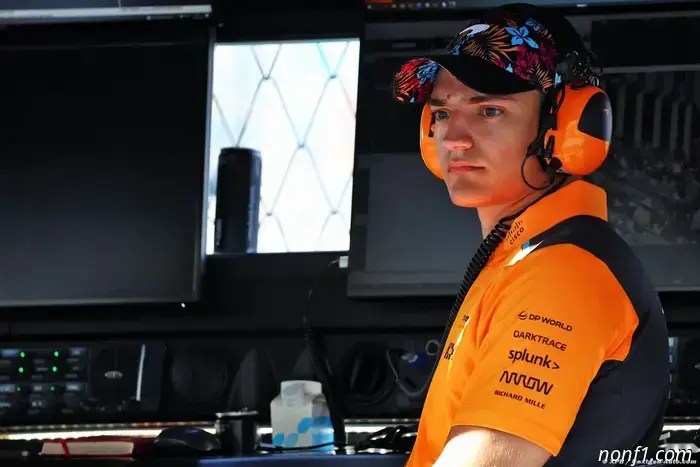 Red Bull associated with Indycar driver Palou for 2026.
Formula 1 | A surprising new name has unexpectedly reappeared in the rumors surrounding the Formula 1 driver market - the highly successful multiple IndyCar champion Alex Palou. (…)
Red Bull associated with Indycar driver Palou for 2026.
Formula 1 | A surprising new name has unexpectedly reappeared in the rumors surrounding the Formula 1 driver market - the highly successful multiple IndyCar champion Alex Palou. (…)
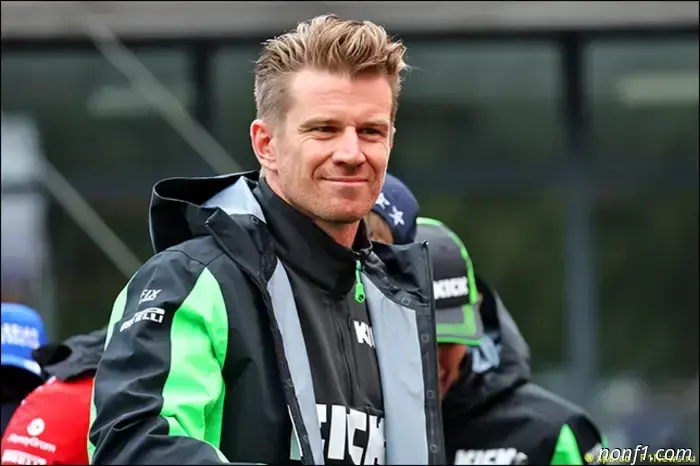 Sauber hopes to extend its successful streak.
The Sauber team has scored points in six consecutive races and hopes to extend the successful run at Zandvoort…
Sauber hopes to extend its successful streak.
The Sauber team has scored points in six consecutive races and hopes to extend the successful run at Zandvoort…
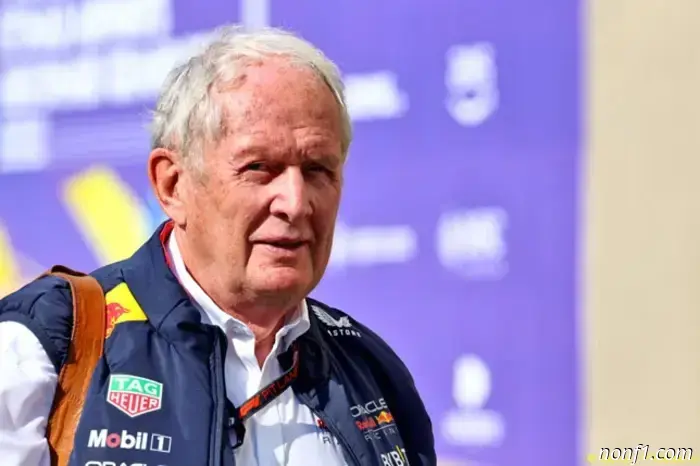 Marko: I hope Max can compete for the title in 2026.
Having accepted that winning the title in 2025 is impossible, Red Bull adviser Helmut Marko hopes to fight for victory next season…
Marko: I hope Max can compete for the title in 2026.
Having accepted that winning the title in 2025 is impossible, Red Bull adviser Helmut Marko hopes to fight for victory next season…
Hajar: I believe that the situation can always be changed.
Isaac Hadjar is always focused on achieving the best possible result and gets angry with himself when he doesn't succeed...
